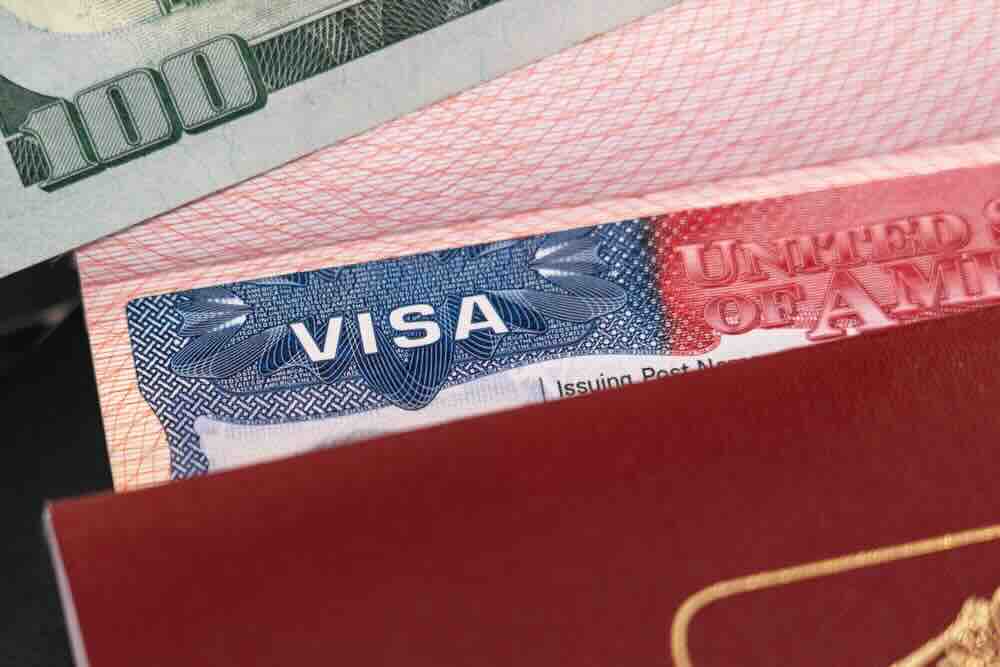Russian President Vladimir Putin frequently boasts that his country leads the world in developing hypersonic weapons, which travel at more than five times the speed of sound. However, a series of treason charges against Russian physicists working on the underlying science has raised concerns about an overzealous crackdown. Many of those arrested are elderly, and three have died. This includes Vladislav Galkin, a 68-year-old academic whose home in Tomsk was raided in April 2023. The latest incident saw 77-year-old physicist Anatoly Maslov sentenced to 14 years in a penal colony.
The Russian government claims these scientists were involved in espionage, accusing them of divulging state secrets at international conferences or through publications. However, rights groups and defense lawyers argue that the charges are unfounded. Lawyer Yevgeny Smirnov from Pervy Otdel, a group specializing in defending treason and espionage cases, emphasized that the scientists were not directly working on weapons but studying physical processes related to high speeds.
Maslov, along with colleagues Alexander Shiplyuk and Valery Zvegintsev from the same Siberian institute, have been arrested on similar charges since 2022. Colleagues at the institute assert that their research papers were vetted to ensure they contained no restricted information. Despite these assurances, the Kremlin has stated that the accusations are serious, deferring to the security services for further comment.
The crackdown on scientists has coincided with Russia’s full-scale invasion of Ukraine, during which the country has acknowledged using hypersonic missiles. About 9,000 Russian scientists signed an open letter against the war, and since then, authorities have increased pressure on the academic community. Some scientists have fled the country, while others, like Mikhail Feigelman, have faced difficulties obtaining visas to leave. Feigelman’s visa application to the US was denied despite an invitation from his daughter, reflecting a broader trend of increased scrutiny and visa rejections for Russian scientists.
The U.S. and Britain have imposed sanctions on numerous Russian institutions involved in military research, further complicating international collaboration. This environment has led to a chilling effect on Russian academia, making it increasingly difficult for scientists to continue their work.
The crackdown on physicists comes at a time when President Putin is calling for more investment in Russian science, creating an ironic and contradictory situation. The detentions and trials of these scientists are seen by some as a political move by Russian authorities to demonstrate vigilance against foreign espionage.
Expanded Coverage:






